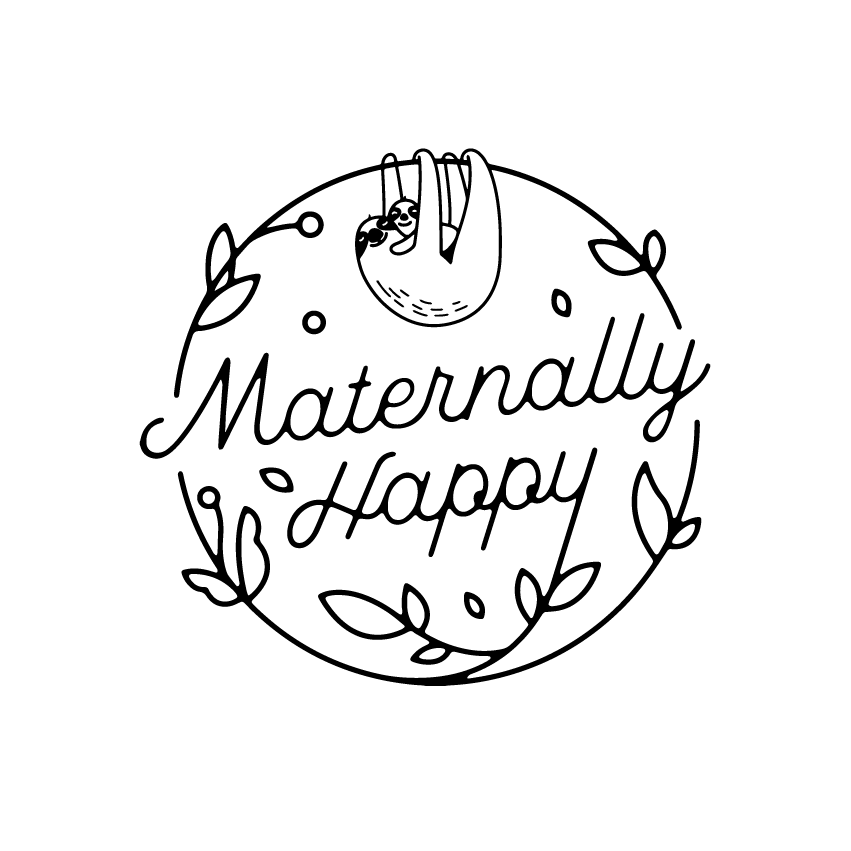



Article: Probiotics & GBS

Group B Streptococcus (GBS) is a common bacterium often found in the gastrointestinal tract, urinary tract and the reproductive system. This bacteria is transient, meaning it comes and goes from our bodies.
About 1 in every 4 women have GBS. In pregnant women, GBS can cause infection of the urinary tract, placenta, uterus and amniotic fluid. Even if you haven't had any symptoms of infection, pregnant women can pass this bacteria to their babies during labour and delivery.
Pregnant women in Australia are routinely tested for GBS late in their pregnancy, usually between 35 - 37 weeks gestation. The test involves a medical professional using a cotton swab to collect samples from the vagina. The sample usually take about 48 hours to return and is either positive or negative for GBS.
Negative women do not require intervention. If your swab comes back positive, intravenous antibiotics are usually given during labour to prevent infection to your newborn. Penicillin is usually the antibiotic of choice.
Premature babies are more likely to be infected with GBS than full-term babies because their bodies and immune systems are less developed
Researchers have estimated that the death rate from an early GBS infection is much higher in preterm babies (20-30%). This statistic is for babies who are born at less than or equal to 33 weeks gestation.
Although the death rate of an early GBS infection is relatively low for full term babies they can end up having a long stay in the neonatal unit and receive multiple doses of intravenous antibiotics. Researchers have also found that up to 44% of infants who survive a GBS infection but had complications of meningitis (this is extremely rare) end up with long-term health problems e.g hearing loss, vision loss, seizure activity etc.
But remember the risk of your baby getting a GBS infection is anywhere from 2%-0.1%.
Of women who screened negative for GBS at 35-36 weeks, 91% were still negative when the test was done during labour. The other 9% became positive.
Of the pregnant women who screened positive for GBS at 35-36 weeks, 84% were still positive when the test was done during labour. 16% of these women became negative by the time they went into labour and received unnecessary antibiotics.
As most of you now know the treatment for a woman who is GBS positive is receiving multiple doses of intravenous antibiotics during labour. Antibiotics, although often life-saving, can lead to antibiotic resistance, disrupt early growth of good bacteria in the newborns gut and disrupt probiotic counts in women’s breast milk.
Research reveals that the strains Lactobacillus Rhamnosus and Lactobacillus Reuteri taken during your pregnancy may reduce the risk of GBS colonisation.
In 2016, researchers published the first randomised trial on using probiotics to change GBS status from positive to negative. In this study, researchers randomly assigned 110 women in Taiwan who were GBS positive at 35-37 weeks to take either two probiotic capsules each night at bedtime, or two placebo capsules. Both the pregnant women and the researchers were blinded (nobody knew who was taking a placebo or probiotic while the study was being carried out).
The treatment for each women lasted 3 weeks on average, and the GBS culture test was repeated when women returned to the hospital in labour. The results showed that 43% of GBS positive women who took probiotics were GBS negative when they went into labour, compared to 14% in the placebo group.
An “in vitro” (petri dish based) study was also performed where researchers put vaginal lactobacilli in a petri dish with different strains of GBS. They found that the lactobacilli strongly inhibited the growth of GBS by increasing the acidity of the environment.
There is one larger clinical trial going on right now in which researchers are studying the effects of probiotics on GBS colonisation in pregnant women. Hopefully this study will give us more information about the potential effects of probiotics on GBS in pregnancy!
So far it looks promising ☆